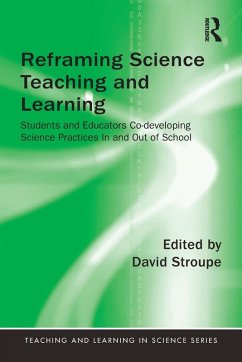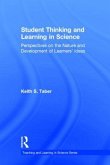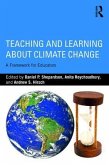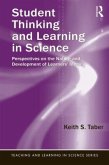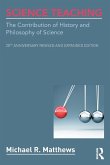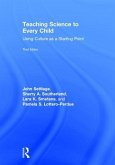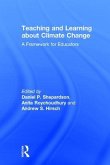Responding to recent reform efforts, such as the Next Generation Science Standards, which call for students to learn science practices, this book proposes a conceptual reframing of the roles of teachers and students in formal and informal science learning settings. Inviting the field to examine the state of "science practice," it provides concrete examples of how students, supported by the actions of educators, take on new roles, shifting from passive recipients of information to active participants in conceptual, social, epistemic, and material features of science work. Each chapter provides an examination of how and why science practice evolves in learning communities in which students and teachers negotiate disciplinary work; an analysis of how specific pedagogical and social actions taken by someone with authority (a teacher or other educator) provides opportunities for students to shape science practices; a set of concrete recommendations for working with young students in formal and informal learning settings; and a set of suggestions and questions to catalyze future research about and the evolving relationships between educators, students, and science practices in the field of science education. Showing how and why the conceptual ideas presented are important, and providing specific, actionable suggestions for teachers and other educators for their daily work, this book includes both elementary and secondary learning sites.
Hinweis: Dieser Artikel kann nur an eine deutsche Lieferadresse ausgeliefert werden.
Hinweis: Dieser Artikel kann nur an eine deutsche Lieferadresse ausgeliefert werden.

